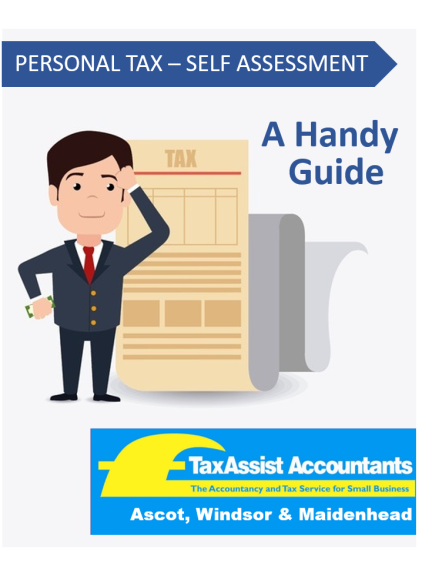
Under the self assessment regime an individual is responsible for ensuring that their tax liability is calculated and any tax owing is paid on time.
Tax returns are issued shortly after the end of the fiscal year. The fiscal year runs from 6 April to the following 5 April, so 2015/16 runs from 6 April 2015 to 5 April 2016.
Tax returns are issued to all those whom HMRC are aware need a return including all those who are self employed or company directors. Those individuals who complete returns online are sent a notice advising them that a tax return is due. If a taxpayer is not issued with a tax return but has tax due they should notify HMRC who may then issue a return.
A taxpayer has normally been required to file his tax return by 31 January following the end of the fiscal year.
For example, the 2015/16 return must be filed by 31 October 2016 if submitted in 'paper' format. Returns submitted after this date must be filed online otherwise penalties will apply.
Late filing penalties apply for personal tax returns as follows:
£100* penalty immediately after the due date for filing (even if there is no tax to pay or the tax due has already been paid)
* Previously the penalty could not exceed the tax due, however this cap has been removed. This means that the full penalty of £100 will always be due if your return is filed late even if there is no tax outstanding.
Generally if filing by ‘paper’ the deadline is 31 October and if filing online the deadline is 31 January.
Additional penalties can be charged as follows:
The taxpayer does have the option to ask HMRC to compute their tax liability in advance of the tax being due in which case the return must be completed and filed by 31 October following the fiscal year.
This is also the statutory deadline for making a return where you require HMRC to collect any underpayment of tax through your tax code, known as ‘coding out’.
However if you file your return online HMRC will extend this to 30 December.
Whether you or HMRC calculate the tax liability there will be only one assessment covering all your tax liabilities for the tax year.
Corrections/Amendments
HMRC may correct a self assessment within nine months of the return being filed in order to correct any obvious errors or mistakes in the return.
An individual may, by notice to HMRC, amend their self assessment at any time within 12 months of the filing date.
HMRC may enquire into any return by giving written notice. In most cases the time limit for HMRC is within 12 months following the filing date.
If HMRC does not enquire into a return, it will be final and conclusive unless the taxpayer makes an overpayment relief claim or HMRC makes a discovery.
It should be emphasised that HMRC cannot query any entry on a tax return without starting an enquiry. The main purpose of an enquiry is to identify any errors on, or omissions from, a tax return which result in an understatement of tax due. Please note however that the opening of an enquiry does not mean that a return is incorrect.
If there is an enquiry, we will also receive a letter from HMRC which will detail the information regarded as necessary by them to check the return. If such an eventuality arises we will contact you to discuss the contents of the letter.
HMRC wants to ensure that underlying records to the return exist if they decide to enquire into the return.
Records are required of income, expenditure and reliefs claimed. For most types of income this means keeping the documentation given to the taxpayer by the person making the payment. If expenses are claimed records are required to support the claim.
Interest and dividends
Tax deduction certificates
Dividend vouchers
Gift aid payments
Personal pension plan certificates.
Personal financial records which support any claims based on amounts paid eg certificates of interest paid.
For information of users: This material is published for the information of clients. It provides only an overview of the regulations in force at the date of publication, and no action should be taken without consulting the detailed legislation or seeking professional advice. Therefore no responsibility for loss occasioned by any person acting or refraining from action as a result of the material can be accepted by the authors or the firm.
Richard is a qualified CIMA accountant with around twenty years’ experience and runs his own accountancy practice in Windsor & Maidenhead. Richard joined The Children’s Heart Federation (CHF) in 2000 where...
The following Cookies are used on this Site. Users who allow all the Cookies will enjoy the best experience and all functionality on the Site will be available to you.
You can choose to disable any of the Cookies by un-ticking the box below but if you do so your experience with the Site is likely to be diminished.
In order to interact with this site.
To help us to measure how users interact with content and pages on the Site so we can make
things better.
To show content from Google Maps.
To show content from YouTube.
To show content from Vimeo.
To share content across multiple platforms.
To view and book events.
To show user avatars and twitter feeds.
To show content from TourMkr.
To interact with Facebook.
To show content from WalkInto.